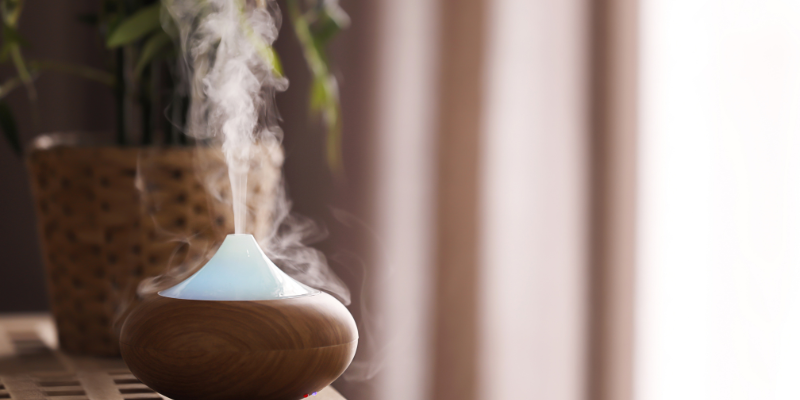
Is humid air or dry air better for your health and breathing? This question doesn’t always have a simple answer. It is important that we breathe in quality air, especially during the winter months. Frequent use of indoor heating can lead to low levels of humidity in the air. Is this a good or bad thing for your health and breathing? Continue reading our latest blog to find out!
How Dry Air Influences Our Health
During the winter months, there is often a large combination of both indoor heating and cold air from outside, making the air dryer than usual. Dry air can affect our health in numerous ways. A few of those health effects include; dry skin, irritated sinuses, itchy eyes, and sore throat. Dry air can also make symptoms of asthma and other respiratory conditions worse. Long-term effects of dry air can result in respiratory infections and viruses that last even longer.
How Humid Air Influences Our Health
Humid air is better for your sinuses and can help decrease symptoms of asthma and allergies. Humidity can help loosen mucus and add moisture back into your sinuses and airways, which will help you breathe better. Ideal levels of humidity can help increase our oxygen intake and reduce fatigue.
Increasing Humidity Levels
Many individuals who experience dry air in their homes will often utilize a humidifier. Ideally, humidity levels should be around 30%-50% according to Mayo Clinic. Humidifiers are a great addition to your home to aid in increasing humidity levels. It is important to use your humidifier correctly as if used incorrectly it could actually cause more harm than good. If you have or are thinking of incorporating a humidifier, remember to maintain its cleanliness to receive all the benefits of increased humidity levels in the air of your home. Mayo Clinic provides many helpful tips and resources so that you can safely and effectively add humidity to the air that you are breathing.
Overall, humid air is better for your breathing and your health. It is important to pay attention to humidity levels in your home so that you can breathe better and prevent experiencing the symptoms that come along with dry air.
January 28, 2023 by Life Tech
Is humid air or dry air better for your health and breathing? This question doesn’t always have a simple answer. It is important that we breathe in quality air, especially during the winter months. Frequent use of indoor heating can lead to low levels...